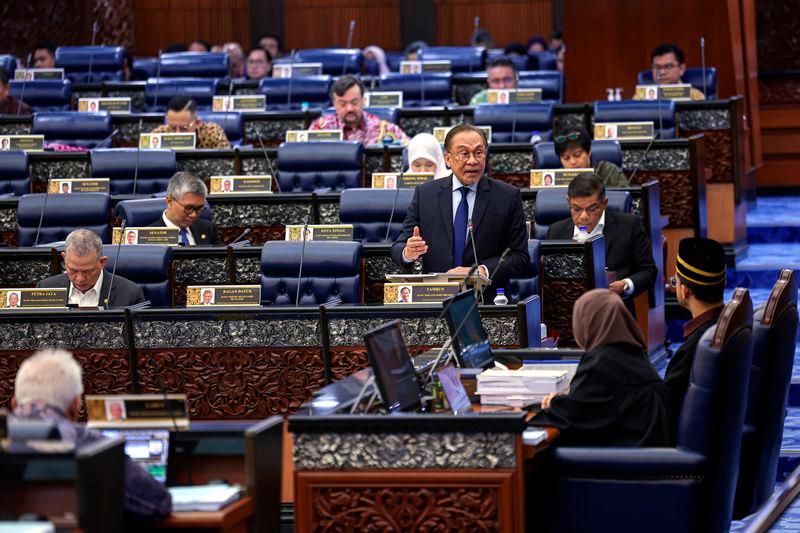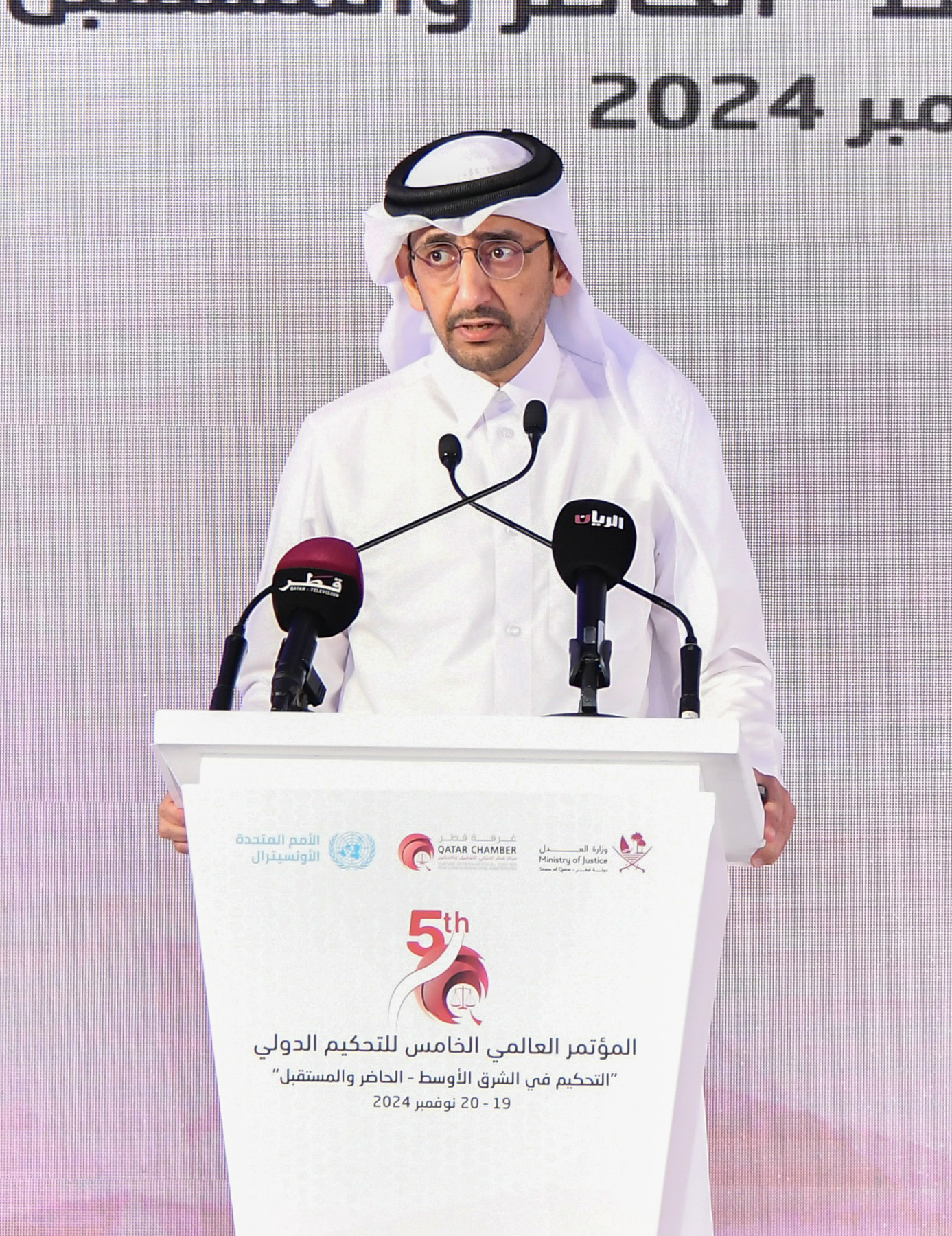Mothers point out to Doha News the hole in maternity law which, according to them, does away with inclusivity.
Mothers in Qatar say Qatar’s laws on maternity leave are inadequate, noting the 50-day paid leave policy is simply “not enough” time to return to routine life.
Speaking to Doha News, a number of mothers highlighted a gap in the maternity law that fails to provide an all-inclusive experience, specifically emphasising the short-term length of the paid leave.
An employee who is a woman and has worked for the company for at least a year is entitled to 50 days of fully compensated maternity leave, according to Qatari law. As long as the maternity leave after giving birth is at least 35 days, this time period encompasses both the time before and after delivery.
A lengthier period of maternity leave may be available from some employers, though this is up to the discretion of individual private companies. Meanwhile, although there is not a set amount of time for paternity leave, several employers do grant men three to five paid days.
Mothers hoping to request maternity leave must provide a certificate from a doctor which specifies the anticipated delivery date. A complimentary period from yearly leave is an option for the employee if the number of paid maternity leave days left after birth is fewer than 30.
However, mothers, many of whom are forced to make difficult decisions in the aftermath of deliver, say this is simply not enough.
“50 days is not enough mentally or physically,” Noor, a British expat and mother of two, who said she resorted to desperate measures to meet her familial duties, told Doha News.
“I left work for a year because I couldn’t face the stress of only having 50 days maternity and obviously that effected us financially at a time where we needed the finances”.
As per law, the worker is entitled to an additional 60 days of unpaid leave if her postpartum medical condition prevents her from returning to work following the end of her maternity leave period. To approve the additional leave, a licensed doctor must sign a medical certificate.
However, Sara, a nursery teacher and mother of two told Doha News that not all cases are the same.
“50 days, or even an additional 60 days, is nothing in the grand scheme of things. There is not enough time to fully recover from the labour, especially for those who undergo a C-section.”
It takes about six weeks to recover from a C-section, but each person’s timeline is different, with doctors warning mothers it could take up to three months for a full recovery. For many, it may take weeks or even months for an incision to heal, commonly a horizontal cut made in the lower belly that severely impacts mobility.
“Sometimes you are not physically or mentally prepared to return to normal life, especially for those who have undergone C-sections,” another mother, Abrar, told Doha News.
“Even if you think you’re able to, internally your hormones all over the place,” she said. Postpartum “baby blues” commonly include mood swings, crying spells, anxiety and difficulty sleeping.
Postpartum depression, on the other hand, is a more severe and pervasive type of depression that some new mothers endure. Because it can begin during pregnancy and persist after childbirth, it is sometimes referred to as peripartum depression.
Meanwhile, postpartum psychosis is a severe mood illness that can occasionally appear after childbirth. The conditions are neither a weakness or a deficiency in a person’s character but are in most cases just a side effect of childbirth that takes time and therapy to treat.
Such scenarios trigger other multi-faced issues and complications, chief of which is childcare.
Offering an alternative, Sara said: “four months to one year would be a more adequate time frame [for mothers].”
“Especially for the large expat community in Qatar that do not have access to family members, it’s hard to leave a new-born baby with a nanny or at a nursery.”
Nursing interval
Other mothers pointed out to Doha News an alleged hole in the system that disregards the mother and child’s bond, especially pronounced and nurtured during the early nursing phase.
“Honestly I think 50 days is not enough specially for new mums and for mums willing to breastfeed, it takes almost one month just to start understanding how things go and once you start realising what’s happening you have to go back to work therefore 50 days is a very short period,” Celine, a mother of a one-year old argued.
Nursing mothers are permitted to nurse their children for one hour each day once the pregnancy period is over, according to the law.
Employees can choose their own nursing hours based on their convenience and the time spent nursing will be counted as part of the working hours and cannot be taken away from their pay.
Because breastfeeding encourages skin-to-skin contact, greater holding, and stroking, it fosters a link between mother and child as well as boost the child’s immune system. According to several experts, early-life loving connection reduces social and behavioural issues in both children and adults.
“However I appreciated the extra one hour breastfeeding that we had for the first year but still I really think the maternity should not be less than 70 days so we won’t be obliged to use our vacation days for maternity since it is not a vacation,” the one-year old’s mother added, noting she was forced to save her days off to add on to the maternity period while others were able to take a break from work.
“Luckily I had a smooth pregnancy and at work they were really flexible and supportive. In summer I didn’t go onto sites at all and I only attended meetings and worked from the office so it was actually smooth,” the architect mother told Doha News.
For British expat Noor, the stark comparison between Qatar’s 50 day maternity leave and the 52 weeks given to mothers in the UK is nothing short of shocking.
“Most importantly, it’s just not enough time to bond with your baby. Qatar is a country that values the family unit and this should be reflected from step one – which is maternity leave”.
Doha News reached out to authorities in Qatar for a comment but have yet to receive a response.







